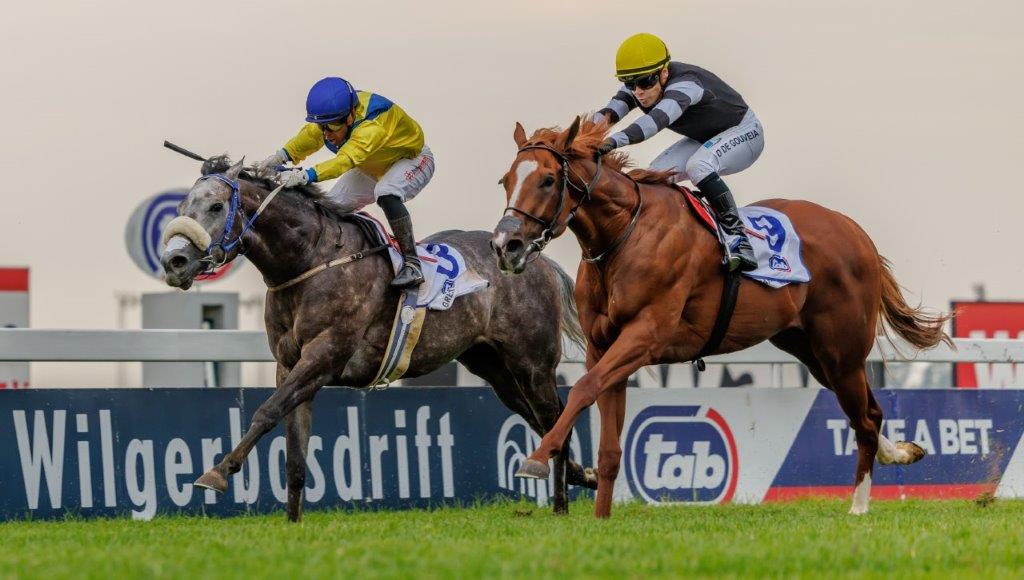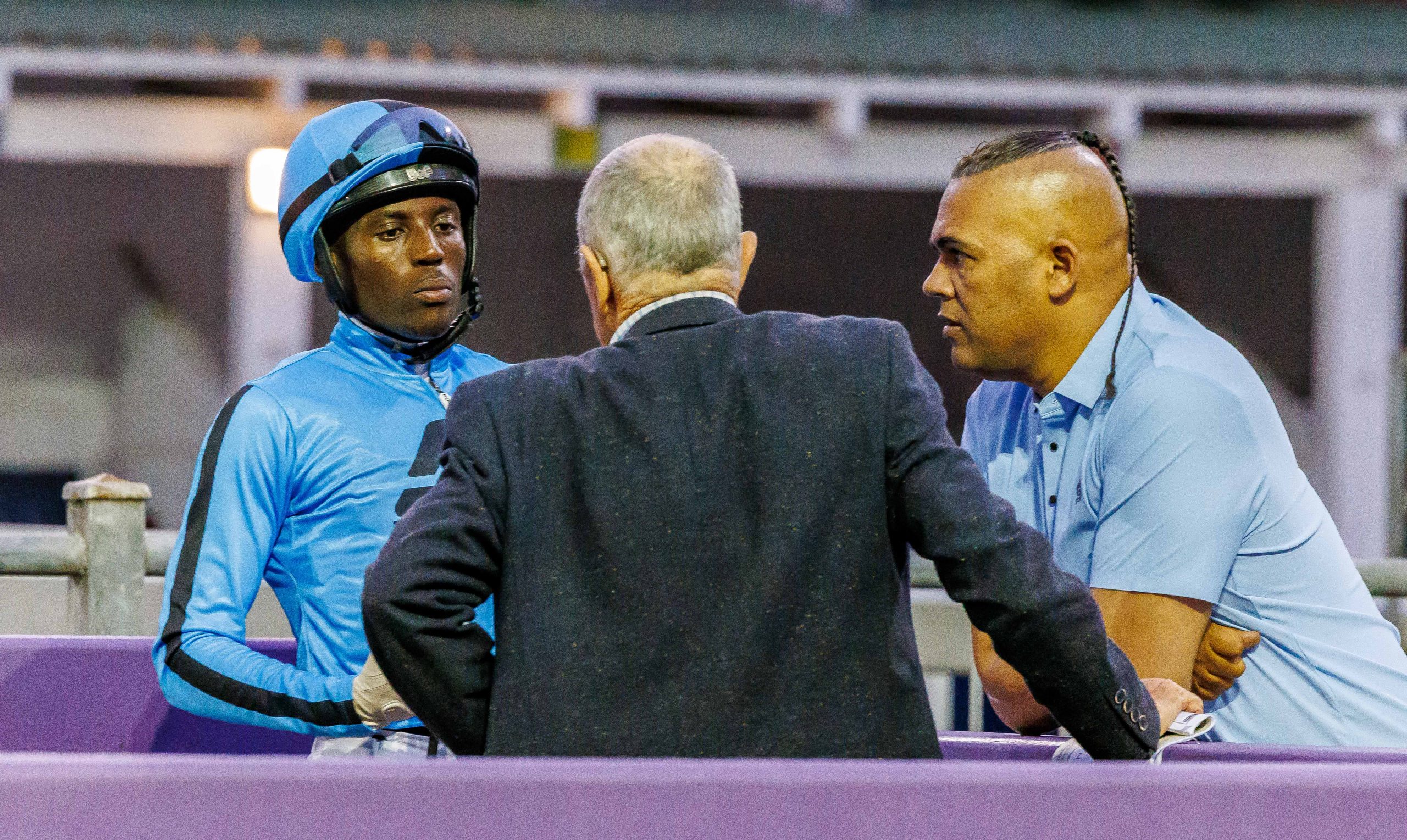 On Wednesday, 8 April 2015, Phumelela issued the following statement regarding the role of the bookmakers in racing.
On Wednesday, 8 April 2015, Phumelela issued the following statement regarding the role of the bookmakers in racing.
“An article titled “Bookmakers – Villains or victims of bad publicity published on 31 March contains numerous factual inaccuracies which need to be corrected.
When our new Constitution was adopted in 1994, all forms of gambling and betting (other than the National Lottery) were delegated to the provinces. Phumelela is not aware of the “partnership” entered into between “government” and the “private sector” before 1994. In any event, post 1994 it would have needed to be between all 9 provincial governments and the private sector for such a “partnership” to be valid. We challenge the author of the article and his or her sources to provide evidence of such a partnership agreement with all 9 provinces.
The article suggests that the Tote operators enjoy a “regulated monopoly”. It must be emphasised that, for as long as the Open Bet is legal in South Africa, every bookmaker can effectively take all Tote bets as Open Bets and therefore the monopoly alluded to is meaningless in practice and a convenient red herring.
The article mentions that “bookmakers were licensed to bet on live horse racing events and in return for their use of the racing image they were required….”. Whilst this makes for a good story, there is simply no factual basis for this alleged quid pro quo. Again, we challenge the author and his or her sources to provide evidence of this agreement with all 9 provinces. Factually, only in Gauteng and in the Eastern Cape is there a requirement in our racing license conditions to make visual broadcasts of the racing in the province concerned available to bookmakers in the province concerned. The words are in italics because our provincial license conditions can only be enforced by each gambling board in its own province. Neither of these racing license conditions do or can lawfully require us to make visual broadcasts of races that take place outside each of those provinces, or for that matter Tellytrack, available to bookmakers outside of each such province.
The article further firstly mentions “The taxation generated by the bookmaker” and then secondly “was then shared equally between the government and the racing operator”. In respect of the first statement, please note that the tax is not “generated” by the bookmaker. It is collected by the bookmaker from punters’ winnings. The bookmaker does not pay a cent of this tax! And then in respect of the second statement, please note that no share of the tax is paid over by the Limpopo, Mpumalanga and North West provinces to the racing operators despite the racing image being on display in bookmaker shops in their provinces. This totally and finally contradicts the statement that the share of the tax is paid over to the racing operators in return for the use of the racing image and corroborates the fact that the share of the taxes is paid over by the provinces in which racing takes place to assist with the cost of staging the race meetings in that province. Note further that no province in South Africa pays over any share of taxes collected from punters winnings on races staged outside of their province to the racing operator concerned, whether such racing operator is located elsewhere in South Africa or anywhere else in the world.
Whilst contributions to the funding of the sport in all instances can be traced back to the punter, the difference is that when a bet is placed with the Tote, the contribution to the funding of the sport comes from the Tote’s gross margin, whilst if the bet is placed with a bookmaker it does not come from the bookmaker’s gross margin, but directly from the punter and is deducted from his winnings.
Phumelela does not dispute the R212 million taxes collected by bookmakers from punters, nor the R106 million that was returned to the operators and in fact is most appreciative of this valuable contribution to the funding of the sport by punters. The point is firstly that not a cent of this emanates from the pocket of bookmakers and secondly that it is not “in return for their [bookmakers] use of the racing image”.
Neither Phumelela nor Tellytrack dispute that a 5 year agreement was entered into some 12 years ago between the 3 bookmaker associations and Tellytrack in terms of which the costs of producing Tellytrack was to be shared. However upon each renewal of the contract, the 3 bookmaker associations (negotiating under the umbrella of a national bookmaker association) colluded and prevented Tellytrack from charging anything more than an inflationary increase. Accordingly, as of last year, the pure costs of producing and distributing Tellytrack (without any payment to international rights holders) amounted to some R72 million. Tellytrack fees collected from bookmakers (who conduct more than 50% of the bets on horse racing) were less than R20 million. Over and above the pure production and distribution costs, the Tote operators paid the international rights holders some R37 million (again out of its gross margin) for the right to offer Tote bets on live international racing. All attempts of Tellytrack to get the bookmaker associations to recover their proportionate contribution from their members were refused point blank. Bookmakers suggested that this should not be paid for out of their pockets but should be taken out of the R106 million which is collected from punters’ winnings in 6 of the 9 provinces and paid over to the international racing operators.
The costs of staging the more than 400 race meetings annually in South Africa amount to more than R700 million of which approximately half comprises prize monies. Whilst the money collected from punters’ winnings on bets placed with bookmakers comprised a most welcome and appreciated R106 million, the bookmakers’ own contribution of less than R20 million is shameful and unsustainable. In fairness though, more than half of the bookmakers in South Africa have signed up with Tellytrack at its new fee structure and therefore it would be most inappropriate to brandish all bookmakers. However, a number of bookmakers are displaying Tellytrack in their shops in contravention of their subscription agreement with Multichoice and in flagrant breach of the copyright of Tellytrack as well as the suppliers of the international content on the channel. Those who are committing these criminal acts are the villains and do not deserve mention alongside those who have and are prepared to contribute fairly out of their own pockets to the sport on which they make a living.”








